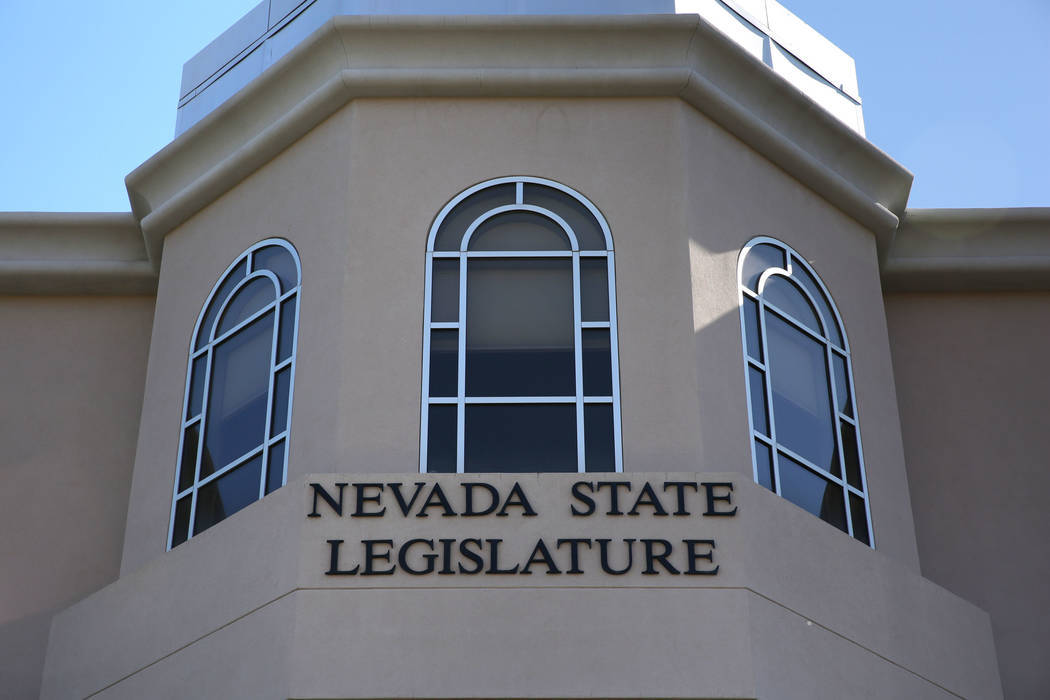
Nevada Senate Bill 179 is the kind of bill that does not normally get much attention. It’s essentially a clean-up measure, removing some archaic language from the statutes because this area of law has evolved without the ancillary statutes being changed at the same time.
It’s akin to the 1979 law change that removed some old language on dueling from the Nevada Constitution.
But because S.B. 179 deals with abortion, it is getting lots of attention. This is all the more true because of the national political climate in which legislatures across the nation are trying to snuff abortion rights.
Nevada would almost certainly be among them if it were not for the fact that state women leaders in 1990 gathered the signatures to put the state’s legal abortion law on the ballot for a vote of approval or disapproval. It was a risk. They could have lost. Up to then, the assumption in Nevada politics was that being anti-abortion was the safe default position for politicians. The state’s legislators had previously passed a lot of anti-abortion measures. But when Nevadans approved 1990’s ballot Question 7 in a landslide, that assumption changed.
So while other states are plotting abortion’s end, Nevada legislators are getting rid of language that, during the illegal abortion era, made the sale of medications or tools used in self-abortion a crime. Another section being repealed requires physicians to lecture women on the “the physical and emotional implications” of abortion before performing the procedure. That was language added more recently by anti-abortion lawmakers who wanted to make abortion more onerous. In truth, women seeking abortions could no doubt more knowledgeably lecture physicians on the same topic.
Anyway, there’s a title that has been attached to this bill – the “Trust Women Act.” Fortunately, it has not been included in the actual language of the bill, but its use in public relations is damaging and condescending enough. My first thought when I heard it was, “It’s not government’s place to trust women.” It’s the citizen’s place to decide if government is to be trusted. In mentioning this to women I know, I discovered I was not alone in this view. One former state legislator dislikes the phrase, as do several women who worked on the Question Seven campaign.
What’s happening here is a Democratic mindset, seeing government as an unalloyed good. But government must always be on a short leash. The sentences for which John Kennedy is best known – “Ask not what your country can do for you. Ask what you can do for your country” – and another example. They elevate the state over the individual. In addition, the whole reason government exists is to serve the public, not the other way around.
Dennis Myers is an award-winning journalist who has reported on Nevada’s capital, government and politics for several decades. He has also served as Nevada’s chief deputy secretary of state.